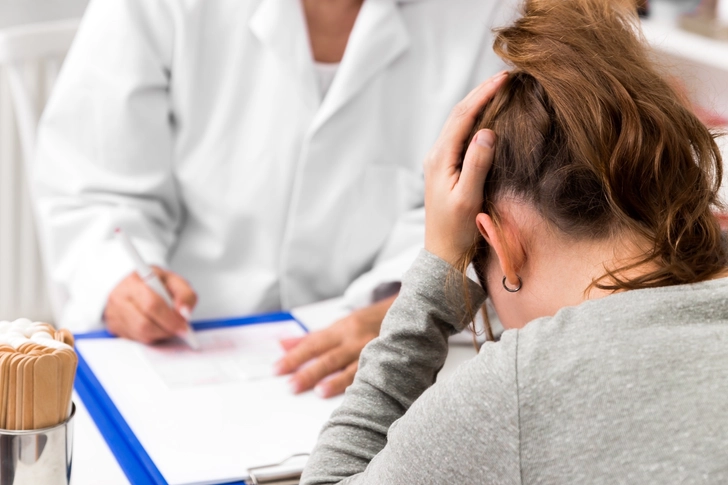- Headaches Overview
- Migraine
- Cluster & Tension Headaches
- Other Types of Headaches
- Appointment Prep
- View Full Guide
Migraine Treatments Losing Effectiveness


Why Migraine Treatments Stop Working
Sometimes, migraine medications that once worked well stop helping over time. This happens because your body gets used to them or your migraines change. It's normal and doesn't mean you're out of options.


Trying Different Triptans
Triptans are strong migraine medications that stop headaches by reducing inflammation and narrowing your blood vessels, which are both key factors in a migraine. Triptans can become less effective over time. If one triptan stops working, another might still help.

Second-Line Treatments
If NSAIDs and triptans don't work, second-line treatments, such as CGRP inhibitors or lasmiditan, might help. These medications target your nerve endings instead of narrowing blood vessels, making them a good option for people with heart issues.

Combination Therapy
Sometimes, taking two different types of migraine medications together works better than using just one. For example, using triptans with NSAIDs might work better for some people. Your doctor can help you find safe combinations that won't cause bad side effects.

Preventive Therapies
If you get migraines often, taking preventative medication might work better than treating each attack. Some daily pills, such as certain blood pressure medications or anti-seizure drugs, can reduce how often you get migraines.

Lifestyle Changes
Simple changes, such as keeping regular sleep hours, eating meals on time, and exercising, can make a big difference. It is also important to find and avoid your personal migraine triggers, such as certain foods or stress.
PHOTO CREDITS:
Slide 1 - Prostock-studio / Shutterstock
Slide 2 - Tero Vesalainen / Shutterstock
Slide 3 - Natalya Bardushka / Shutterstock
Slide 4 - Prostock-studio / Shutterstock
Slide 5 - Miriam Doerr Martin Frommherz / Shutterstock
Slide 6 - grinny / Shutterstock
Slide 7 - Taris Tonsa / Shutterstock
SOURCES:
Global Healthy Living Foundation: "Signs Your Migraine Medication Has Stopped Working – And What To Do If It Does."
American Headache Society: "How Migraine Evolves With Age."
Headache: The Journal of Head and Face Pain: "Gepants," "The American Headache Society Consensus Statement: Update on integrating new migraine treatments into clinical practice."
American Family Physician: "Acute Migraine Headache: Treatment Strategies."
Nursing for Women’s Health: "Lasmiditan Is a New Option for Acute Migraine Treatment."
UpToDate: "Acute treatment of migraine in adults."
StatPearls: "Ergotamine/Caffeine."
Neurotherapeutics: "Migraine treatment: Current Acute Medications and Their Potential Mechanisms of Action."
Mayo Clinic: "Migraine. Diagnosis & treatment," "Migraines: Simple steps to head off the pain."
American Migraine Foundation: "Neuromodulation for Migraine Treatment: An Overview."